How to Deal with AAPI Hate
Blog posted by Ankita Gupta
Image source: Jason Leung, 2021
Hatred towards Asian American Pacific Islanders is nothing new. In particular, violence and harassment against Asian elders increased dramatically in New York City relative to other major cities in the U.S. such as San Francisco. The New York City Human Rights Law prohibits discrimination and harassment based on race, national origin, age, and disability (including having or being thought to have COVID-19 exposure). While the Covid-19 outbreak has led to a significant rise in anti-Asian prejudice and violence targeting our communities, AAPIs are familiar with both racism and xenophobia due to their shared history in the US. Our local communities are still suffering. The Covid-19 pandemic has already had a disproportionately negative impact on AAPIs. We were the first to be economically affected and had a greater incidence of Covid-19 infection and mortality along with Black and Hispanic communities. Unemployment, vandalism, and loss of business all factored into the economic downfall of the AAPI community. The Department of Justice and the Department of Health and Human Services released a new guideline document on May 20, 2022, the anniversary of the COVID-19 Hate Crimes Act's passage, with the goal of increasing awareness of the issue of hate crimes during the COVID-19 pandemic. This advice gives a general overview of the rise in hate crimes and incidents during the pandemic, including a spike in incidents involving Asian Americans, Native Hawaiians, and Pacific Islanders. It also suggests a number of actions that law enforcement, public officials, and others can take to increase awareness of the rise in hate crimes and incidents and to use increased awareness to prevent and respond to hate crimes.
AAPI hate has been increasingly rising in schools. Harassment and hate crimes against AAPI students is deeply rooted in systemic racism, but many students who continue to degrade and bully their AAPI peers do not realize that their beliefs and comments are part of the problem. When young kids begin showing signs of hate against fellow community members, it creates a concerning situation for the community as a whole. It is important to address hate in young children early on, as it can become deeply ingrained and more difficult to change as they grow older. Parents, educators, and community leaders should work together to provide positive role models, education, and experiences that promote understanding, empathy, and tolerance. Why do we target people of different races? As aforementioned, racism has been deeply rooted in US history and continues to play a role in today's society. Although I have been fortunate enough to not encounter AAPI hate first hand, I have experienced subtle comments made on the AAPI community. Comments regarding skin color, AAPI culture, and the most aggressive one, the root of the Covid pandemic. Comments may start off being less aggressive, but they can slowly transform into more deeply rooted hateful words. What I have witnessed and heard at my school is not something uncommon and it is not only limited to the AAPI community. Racist slurs and degrading comments are made daily on social media. It is up to us as individuals to take a progressive step forward and come together to embrace our individualities and create an inclusive community for future generations. A community where we are not judged for our culture, food, skin color, accent, or religion. A community where people feel safe to share their stories. A community in which you are proud to be who you are and not afraid to show that.
(n.d.). A Toolkit for Addressing Anti-Asian Bias, Discrimination, and Hate. NYC Human Rights. https://www.nyc.gov/site/cchr/community/stop-asian-hate.page
(n.d.). Stop AAPI Hate. NCAP. https://www.ncapaonline.org/aapi-hate//?utm_source=google&utm_medium=search&utm_campaign=awareness&gclid=Cj0KCQjwiZqhBhCJARIsACHHEH_4DrkibkArwUWlcMSTx_6BGe4MFLcko77dLnv3tVMyi68ny7w-26MaAt2JEALw_wcB
(n.d.). Addressing Hate Crimes Against AAPI. The United States Department of Justice. https://www.justice.gov/hatecrimes/addressing-hate-crimes-against-AAPI

